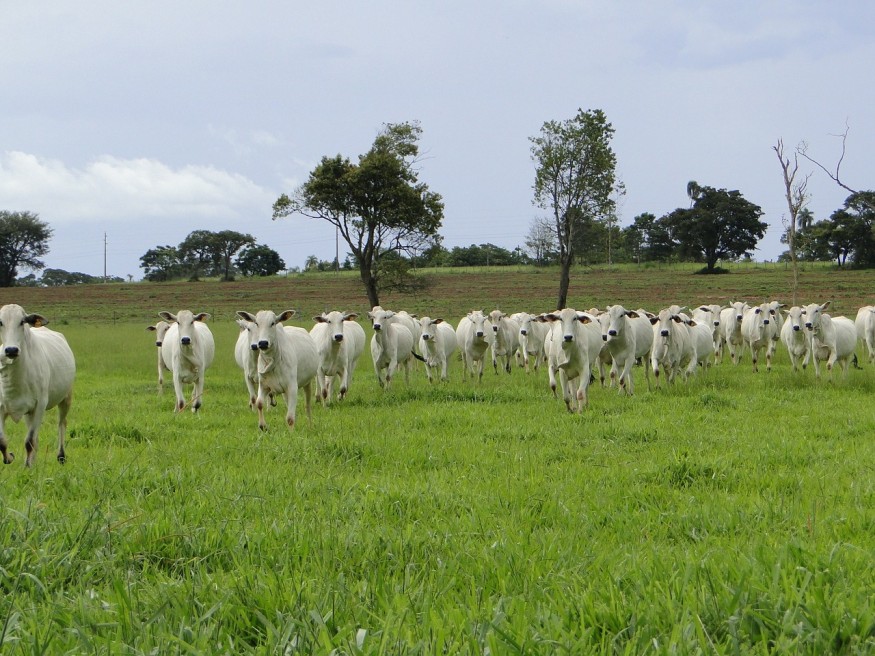
Methane emissions worldwide have reached record-high levels due to continued production of gas and oil, coal mining, landfills, and sheep and cattle farming. These are the factors driving the rise in emissions.
From 2000 to 2017, the amount of greenhouse gases had such a steep rise that scientists' climate models suggested this level will cause an increase in global temperatures by 3ª to 4ª C before this century ends.
Due to this, scientists warn about impending disasters, such as floods, wildfires, and droughts, mass migrations, and famines.
Research findings supporting these predictions can be seen in two publications, namely a study that appeared in Environmental Research Letters and a review in Earth System Science Data.
The global data on methane levels in 2017 (the year with the only complete record so far) indicates that our planet's atmosphere has absorbed almost 600 million tons of methane over the last 100 years. Methane is 28 times more potent in trapping environmental heat than carbon dioxide.
Human activities cause over half of the methane emissions. In the early 2000s, methane emissions per year amounted to 50 million tons. According to Global Carbon Project leader and Stanford University School of Earth, Energy and Environmental Sciences earth system science professor Rob Jackson, cattle and other ruminants' emissions are nearly as large as the methane emissions from fossil fuel industries.
Jackson's team showed that agriculture is responsible for about 66% of methane emissions by human activities. The remaining third is from fossil fuels. These two industries contributed approximately equal amounts of methane emissions since the 2000s. Agricultural methane emissions in 2017 were 227 million tons, while fossil fuel production emissions are 108 million tons.
With the COVID-19 pandemic, Jackson says carbon dioxide emissions dropped due to limited transportation and manufacturing. However, he says methane emissions did not, because we still heat our buildings and homes, and the growth of agriculture is still unabated.
Jackson says that globally, natural gas is increasingly being used. This offsets coal and reduces carbon dioxide, but it increases methane. More production of natural gas by Canada and the US means more methane emissions from gas and oil wells as well as leaking pipelines.
Europe is distinct in having decreased methane emissions in the past 20 years, partly due to reducing emissions in chemical manufacturing as well as more efficient food production.
The Earth System Science Data paper author and Université de Versailles Saint-Quentin researcher Marielle Saunois says that better European management and policies reduced methane emissions from various sources, including manure and landfills. In addition, she says, people now eat less beef and increased fish and poultry consumption.
Temperate and tropical regions increased methane emissions dramatically. Jackson says, however, that it is difficult to identify sources of emission in the tropical areas due to daily and seasonal changes as well as waterlogged soils.
Researchers say that curbing emissions will require a reduction in fossil fuel use and control of emissions from pipeline and well leaks. We should also need to change how we feed our cattle, grow our rice, and consider our diet. Jackson says we have to eat lesser meat to reduce emissions from rice and cattle farming. We should also replace natural gas and oil.
Algal feed supplements may help reduce burps from cattle. At the same time, rice farming may change from the waterlogging way of farming, which maximizes the production of methane in environments with low oxygen. Jackson is optimistic about real progress within the coming five years.
© 2026 NatureWorldNews.com All rights reserved. Do not reproduce without permission.





